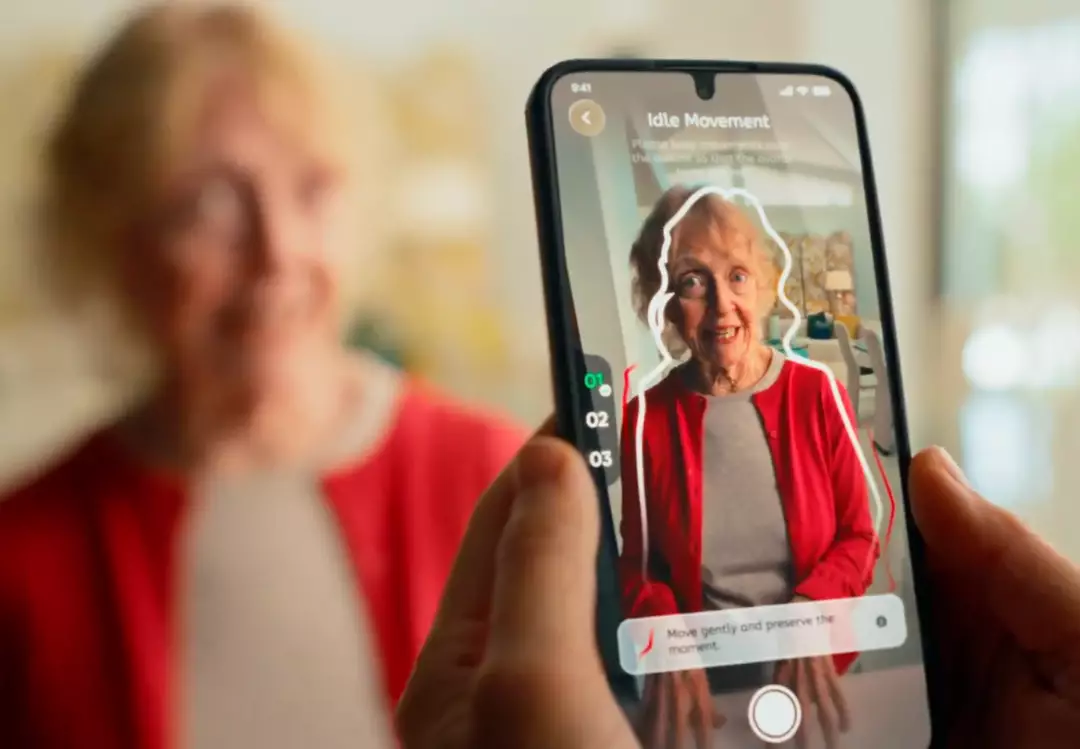The AI company responsible for an app labeled ‘evil’ for enabling communication with deceased loved ones acknowledges the fear and anger it has sparked.
Recently, 2wai launched a promotional video for its new avatar app, which became available on the Apple store.
This app uses artificial intelligence to allow users to create a HoloAvatar that mirrors their appearance, speech, and even memories, according to its website.
The promotional video has garnered significant attention online, achieving over 40 million views on X, at the time of writing.
The company’s co-founder, Calum Worthy, a former Disney star known for his role as Dez in Austin & Ally, shared the video, illustrating a future where artificial intelligence preserves connections with loved ones.

The clip portrays a digital avatar of an elderly woman supporting her daughter during pregnancy, witnessing her grandson’s growth, and offering him guidance as he becomes a father, concluding with the message: “With 2wai, three minutes can last forever.”
Social media users criticized the app, describing it as ‘evil’ and likening it to an episode of Black Mirror.
Alex Finden, Marketing Lead at 2wai, has now addressed the negative feedback.
Explaining the app’s purpose, Finden stated: “We are developing a social network for avatars that enables living individuals to create digital replicas of themselves.
“As depicted in the video, the grandmother created her avatar before her demise. Afterward, her family would own and control her avatar, maintaining a connection for generations.”
He emphasized that the 2wai app is designed for users to create avatars of themselves, ensuring they retain ownership of their name, image, and likeness.
Critics have raised concerns about the potential for users to depend on a subscription model to maintain interactions with avatars of deceased loved ones.

Addressing this concern, Finden clarified that the current version of the 2wai app is entirely free to use.
He elaborated: “We are exploring the optimal monetization model for the creator economy, which we aim to benefit both app creators and the company.”
Regarding the overall backlash, Finden noted: “We appreciate the feedback from many people who took the time to express their views on this emerging technology.”
“It is understandable that people are afraid, and even angry,” he continued. “Our own inspiration stemmed from similar fears, leading us to develop 2wai to address the risks of AI digital twins.”
He concluded by stating that 2wai’s manifesto aims to ‘establish the benchmark’ for ethical AI avatar technology.
This is achieved by ‘preserving your ownership of your name, image, likeness, and data’ and providing ‘complete control over your avatar’s appearance, speech, and actions’.
The company also upholds ‘stringent rules against identity theft, imitation, and IP infringement’.
Finden added that they are committed to sharing economic benefits with creators and prioritizing authenticity, ownership, and consent.

